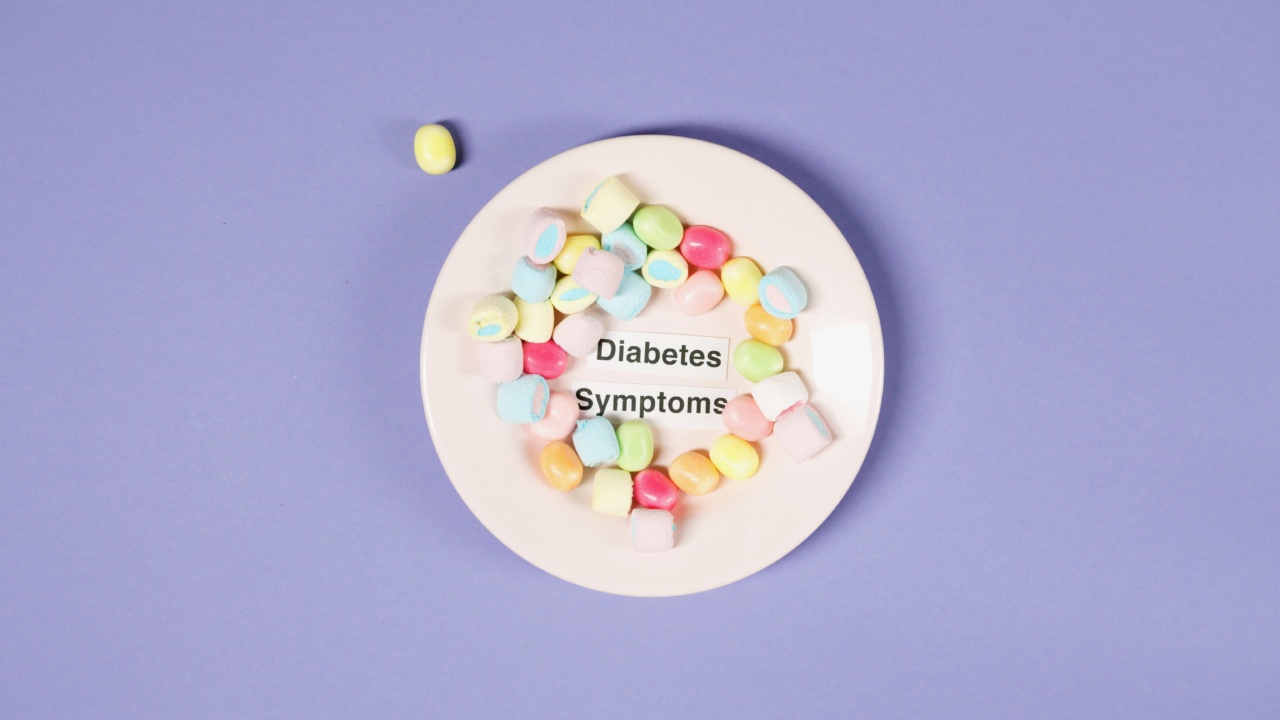Psoriasis is a chronic autoimmune skin condition that affects around 8 million Americans. The condition is characterized by red, scaly patches on the skin that can be painful, itchy, and even bleed.
For some people, it can also affect the joints, leading to a condition known as psoriatic arthritis.
There is no cure for psoriasis, but there are many treatments available that can help manage the symptoms. One of the most effective ways to alleviate psoriasis symptoms is through a healthy diet.
Here are some dietary changes you can make to help manage your psoriasis:.
1. Eat a Balanced Diet
A balanced diet is always a good idea, but it is especially important for people with psoriasis. Eating a variety of fruits, vegetables, lean proteins, and whole grains can help boost the immune system and reduce inflammation in the body.
Try to eat a rainbow of colors – that is, a variety of colorful fruits and vegetables – to get the most nutrients.
2. Avoid Trigger Foods
Some foods can trigger psoriasis flare-ups in certain people. Common trigger foods include alcohol, red meat, dairy products, gluten, and processed foods.
Keep a food diary to track which foods may be triggering your symptoms, and try to avoid them as much as possible.
3. Incorporate Anti-Inflammatory Foods
Incorporating anti-inflammatory foods into your diet can help reduce inflammation and alleviate psoriasis symptoms. Some anti-inflammatory foods include fatty fish like salmon and tuna, nuts and seeds, leafy greens, and turmeric.
Try to incorporate these foods into your meals as much as possible.
4. Consider Supplements
Some supplements may also help alleviate psoriasis symptoms. Fish oil supplements can provide anti-inflammatory omega-3 fatty acids, and vitamin D supplements can help boost the immune system.
Talk to your doctor before beginning any supplements to ensure they are safe for you to take.
5. Stay Hydrated
Drinking plenty of water is important for overall health, but it may also help alleviate psoriasis symptoms. Skin cells need water to function properly, and dehydration can cause the skin to become dry and itchy.
Aim to drink at least eight glasses of water a day, and more if you are exercising or sweating.
6. Limit Alcohol Consumption
Alcohol is a common trigger for psoriasis flare-ups, so it is important to limit your consumption as much as possible. Drinking alcohol can also interfere with some psoriasis treatments, so it is best to avoid it altogether if possible.
7. Reduce Stress
Stress can be a trigger for psoriasis flare-ups, so it is important to find ways to reduce stress in your life. Exercise, meditation, and spending time in nature are all great ways to reduce stress and boost your overall health.
8. Get Enough Sleep
Getting enough sleep is important for overall health, but it may also help alleviate psoriasis symptoms. Lack of sleep can cause stress and inflammation in the body, which can trigger psoriasis flare-ups.
Aim for seven to eight hours of sleep each night, and try to establish a relaxing bedtime routine to help you fall asleep more easily.
9. Consult with Your Doctor or a Nutritionist
Consulting with your doctor or a nutritionist can be helpful in developing a diet plan that works for you. They can help you identify trigger foods, suggest dietary changes to alleviate symptoms, and recommend supplements that may be helpful.
10. Be Patient
It may take some time to see results from dietary changes, so it is important to be patient. Stick with your new diet plan for at least several weeks before deciding if it is helping, and continue to make adjustments as needed.































